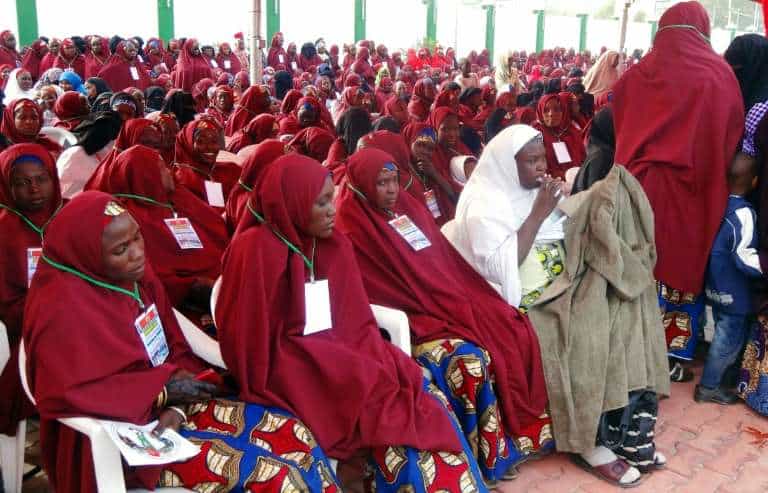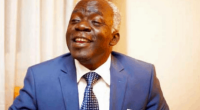
The Kano State Government has directed the State Hisba Board to begin preparations for the wedding of no fewer than 2,000 couples under its mass wedding programme. The initiative, reintroduced by Governor Abba Kabir Yusuf, is aimed at promoting social welfare and curbing immoral practices by assisting vulnerable groups—including widows, divorcees, and spinsters—who face financial challenges in getting married.
The directive was confirmed by the board’s Deputy Commander-General, Sheikh Mujahid Aminudeen, who spoke with PUNCH on Thursday. Sheikh Aminudeen stated that preparations were already underway to ensure the smooth and transparent conduct of the mass wedding. The program is designed to support low-income families whose parents are unable to afford the high cost of traditional marriage proceedings.
A core requirement for all prospective couples interested in the state-planned mass wedding is compulsory medical screening. Aminudeen disclosed that the health checks are mandatory and will include HIV/AIDS tests, Hepatitis screening, genotype verification, and drug use assessment, among others. Any candidate who fails to comply with the screening requirements will be automatically disqualified, emphasizing the government’s commitment to ensuring healthy unions.
The revival of the mass wedding scheme, which was suspended by previous administrations, is part of Governor Yusuf’s efforts to uphold Islamic principles regarding marriage and to reduce social vices prevalent among young people and vulnerable women in the predominantly Muslim state. The Hisba Board will oversee the entire process, from registration and screening to the official wedding ceremony.
Sheikh Aminudeen affirmed that the initiative will continue to serve as a moral and social intervention, reflecting the government’s commitment to reducing social problems while supporting the less privileged in fulfilling a major aspect of life. The Kano State mass wedding scheme has historically seen thousands of couples married off, with government sponsorship covering essential expenses such as dowries, wedding attire, and initial household items.







